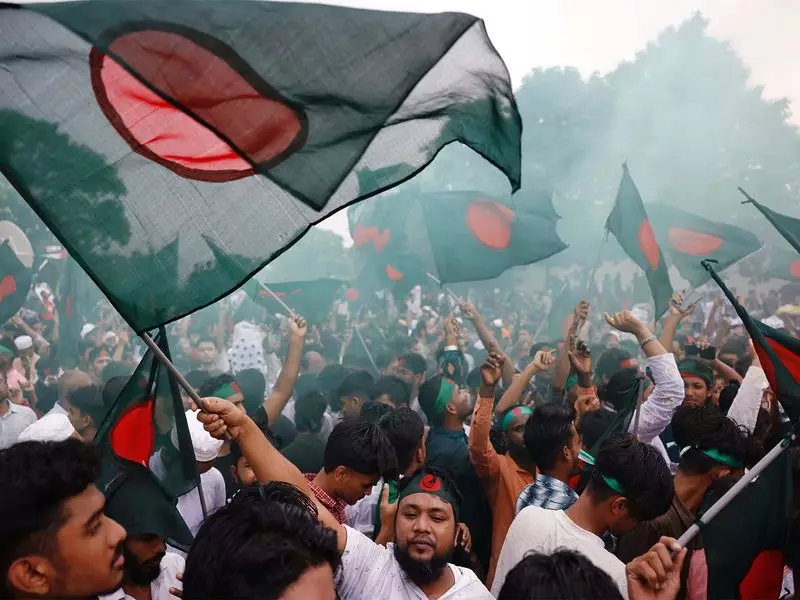
In a significant development ahead of Bangladesh's upcoming national elections, senior Bangladesh Nationalist Party (BNP) leader Hafiz Uddin Ahmed has expressed hope that the army's involvement will help ensure peaceful and fair voting across the country. The political veteran's statement comes amid heightened tensions and security concerns surrounding the electoral process.
Army Deployment Receives Political Support
Hafiz Uddin Ahmed, a respected senior leader of the main opposition BNP, acknowledged the importance of military deployment during the election period. The former minister emphasized that the army's presence should contribute to creating an environment where citizens can exercise their voting rights without fear or intimidation.
The Bangladesh government has confirmed that army personnel will be deployed across the nation from January 3 to January 10, covering the crucial pre-election, election day, and post-election periods. This strategic timeline ensures comprehensive security coverage during the most vulnerable phases of the electoral process.
Security Arrangements and Political Context
According to official sources, the military deployment will work in coordination with other law enforcement agencies, including the police and border guards. The armed forces will be stationed at nodal points and other strategic locations to respond quickly to any emerging security threats or violence.
The decision to deploy the army comes against the backdrop of ongoing political tensions between the ruling Awami League and opposition parties, particularly the BNP. Previous elections in Bangladesh have witnessed significant political violence, voter intimidation, and allegations of electoral fraud, making robust security arrangements essential for credible elections.
Hope for Democratic Process
Hafiz Uddin Ahmed's positive stance on army deployment reflects the opposition's desire for transparent elections. "We hope the army's presence will ensure that people can vote freely and without fear," the BNP leader stated, highlighting the critical role of security forces in protecting democratic rights.
The senior politician's endorsement carries significant weight given his party's historical position and the current political climate. His statement suggests a cautious optimism that the military's involvement might help level the playing field and reduce electoral malpractices.
Political analysts note that successful army deployment during elections requires strict neutrality and professional conduct from security forces. The coming days will test whether the military can maintain this balance while ensuring public safety and electoral integrity.
As Bangladesh prepares for this crucial democratic exercise, all eyes remain on how security arrangements unfold and whether they can indeed guarantee the peaceful, free, and fair elections that the nation's citizens deserve.





